English
繁體中文
简体中文

People who have recovered from a COVID-19 infection may suffer from poor memory, hair loss, difficulty in sleeping and other long-term consequences, which are commonly known as “long COVID”. CU Medicine has found that patients with long COVID have a less diverse gut microbiome, indicating that gut microbiome composition may be linked to the risk of developing long COVID, while gut microbiota modulation could facilitate timely recovery and reduce the burden of post-acute COVID-19 syndrome.
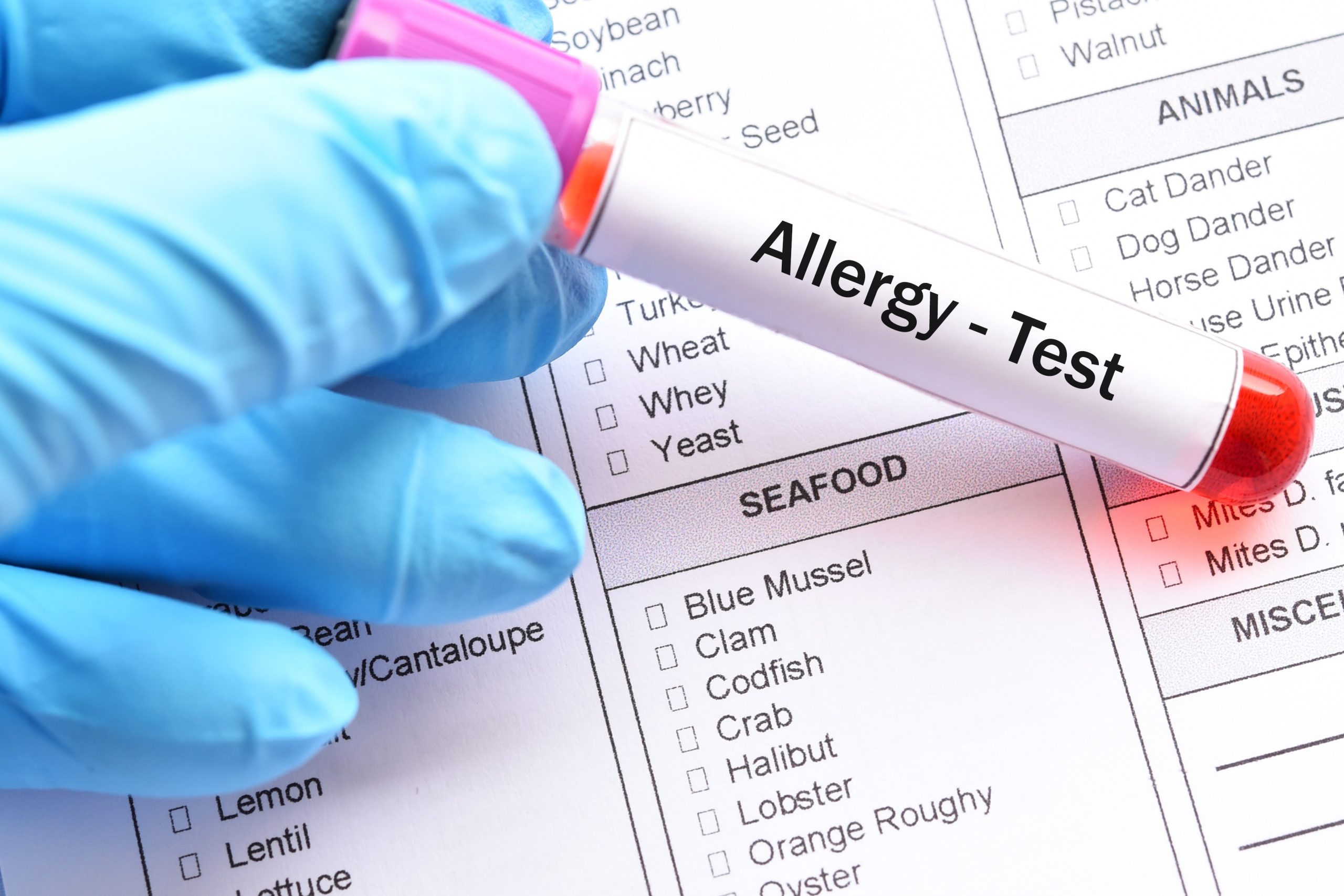
Shrimps are common and versatile ingredients that can be included in many popular dishes around the world. However, they can be a nightmare for some of us who suffer from allergic reactions to eating them, including swelling of the face, eyes and lips, and an itchy red rash. An allergic reaction to shrimp can occur at any age, therefore a reliable and accurate diagnostic method for shrimp allergy is essential to avoid severe allergic reactions.
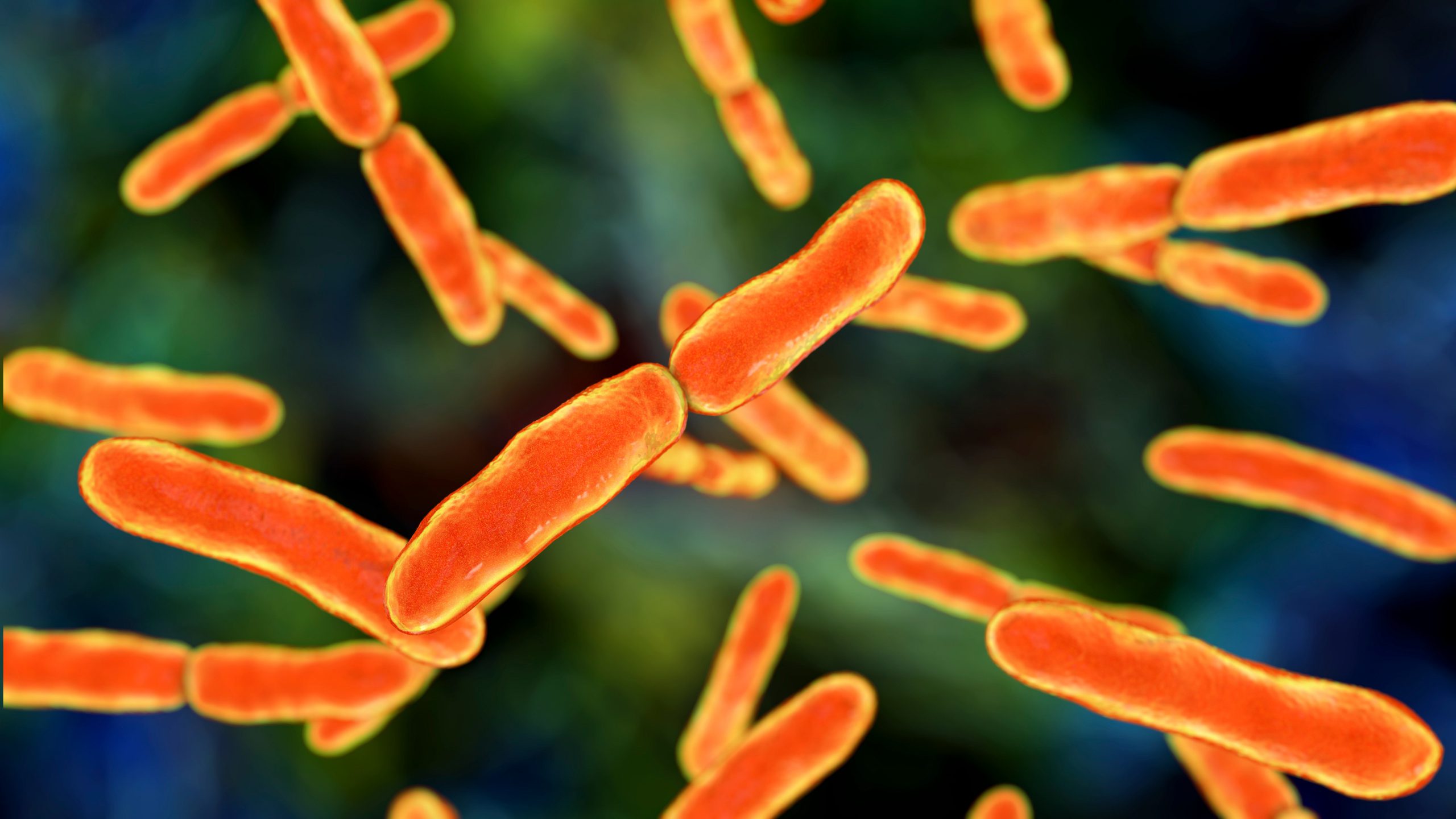
Sinovac and BioNTech work more effectively in people who have an abundance amount of a particular bacterium called Bifidobacterium adolescentis in their gut. In most of us, this reduces with age, modern diet, stress, and the use of antibiotics, and a joint CUHK-HKU study has found that those who lack it have a lower antibody response to the vaccines. This implies that modulating the gut has potential to power up the impact of COVID vaccines.
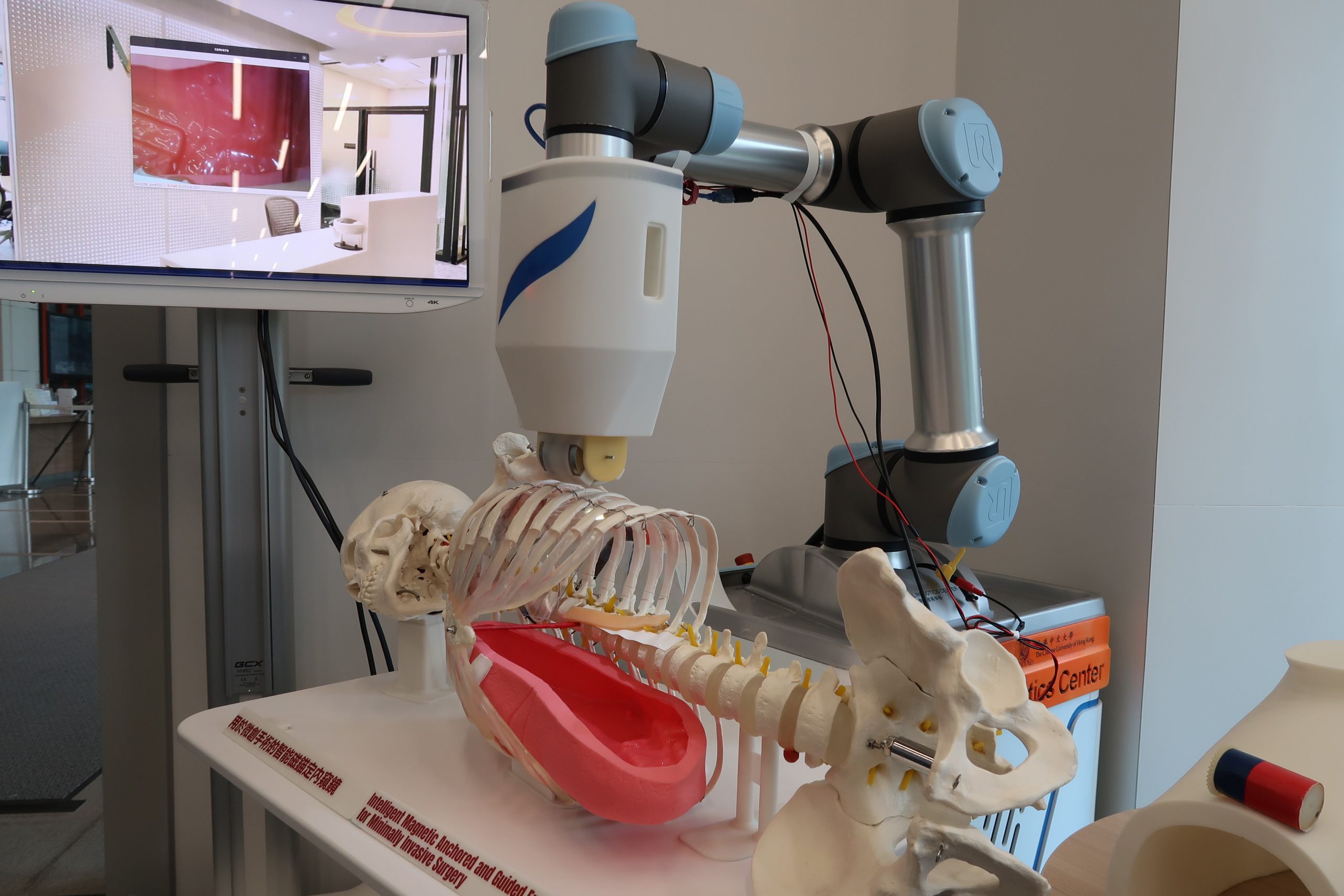
Magnets, play an important role in daily life, sometimes an invisible one, from refrigerator doors, credit cards, computers to high-speed maglev trains and more. A CUHK Surgery team’s invention of an intelligently guided magnetic endoscope brings an exciting new advance in minimally invasive thoracic surgery. No collisions between scope and scalpel, smooth video coverage of the cavity and no clean-up interruptions.

Anticipating a newborn brings joy to parents but delays in marriages and childbirth planning make it harder to conceive successfully. Selecting a high developmental potential embryo is still the key to pregnancy even though assisted reproductive technology like conventional IVF has been advancing with time. CUHK researchers have recently developed a new predictive platform which helps doctor to select an appropriate embryo and devise transfer schemes to increase the rate of success.
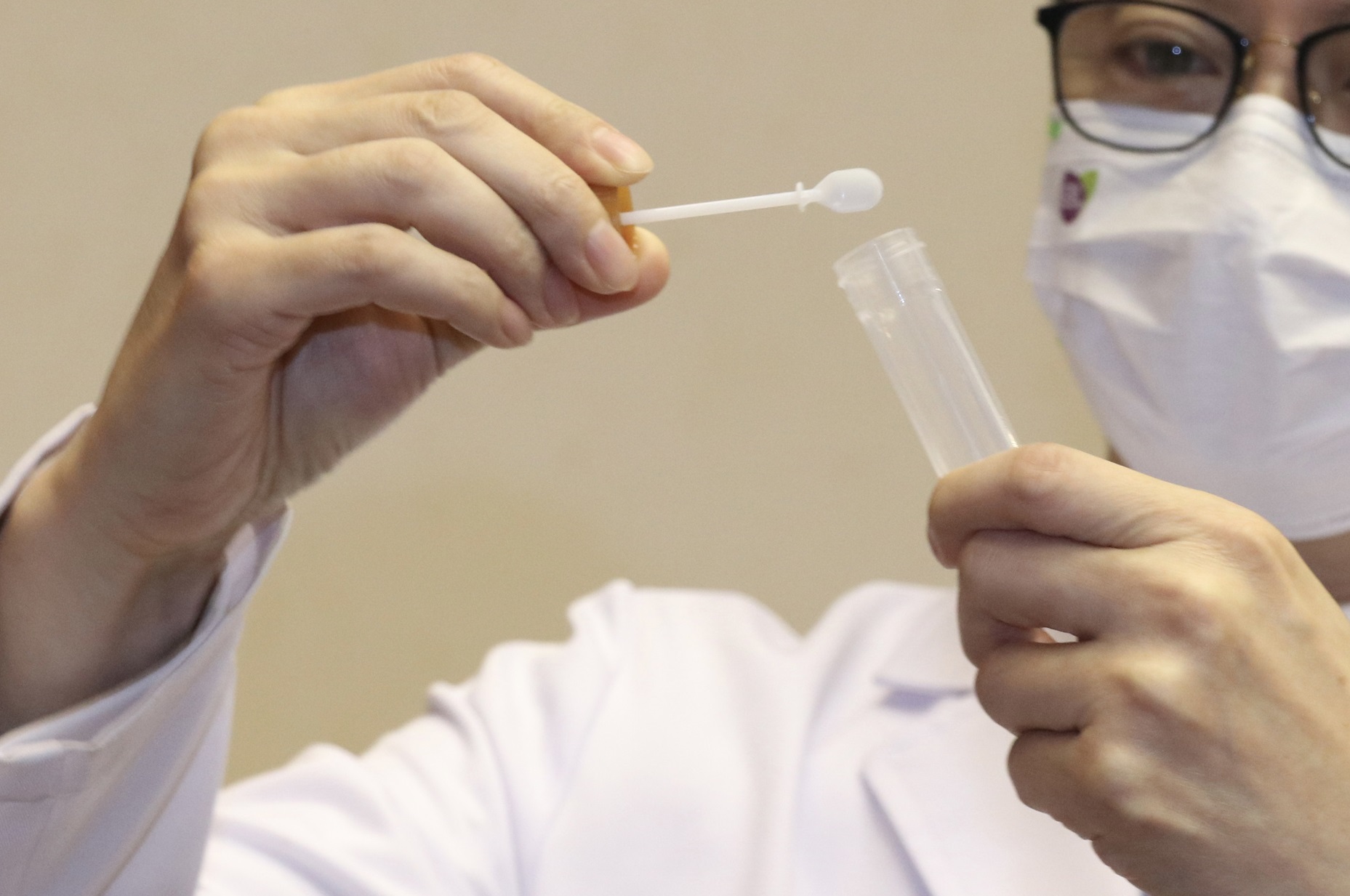
A low sensitivity faecal test is used to screen for colorectal cancer. Its cause, polyps can only be detected by a probing colonoscopy. Now a CUHK Medicine team has devised a first ever, highly sensitive, non-invasive “bacterial gene markers” test on faeces. It is 94% sensitive to the cancer, and over 90% sensitive to recurring polyps - which the present test can’t detect at all.
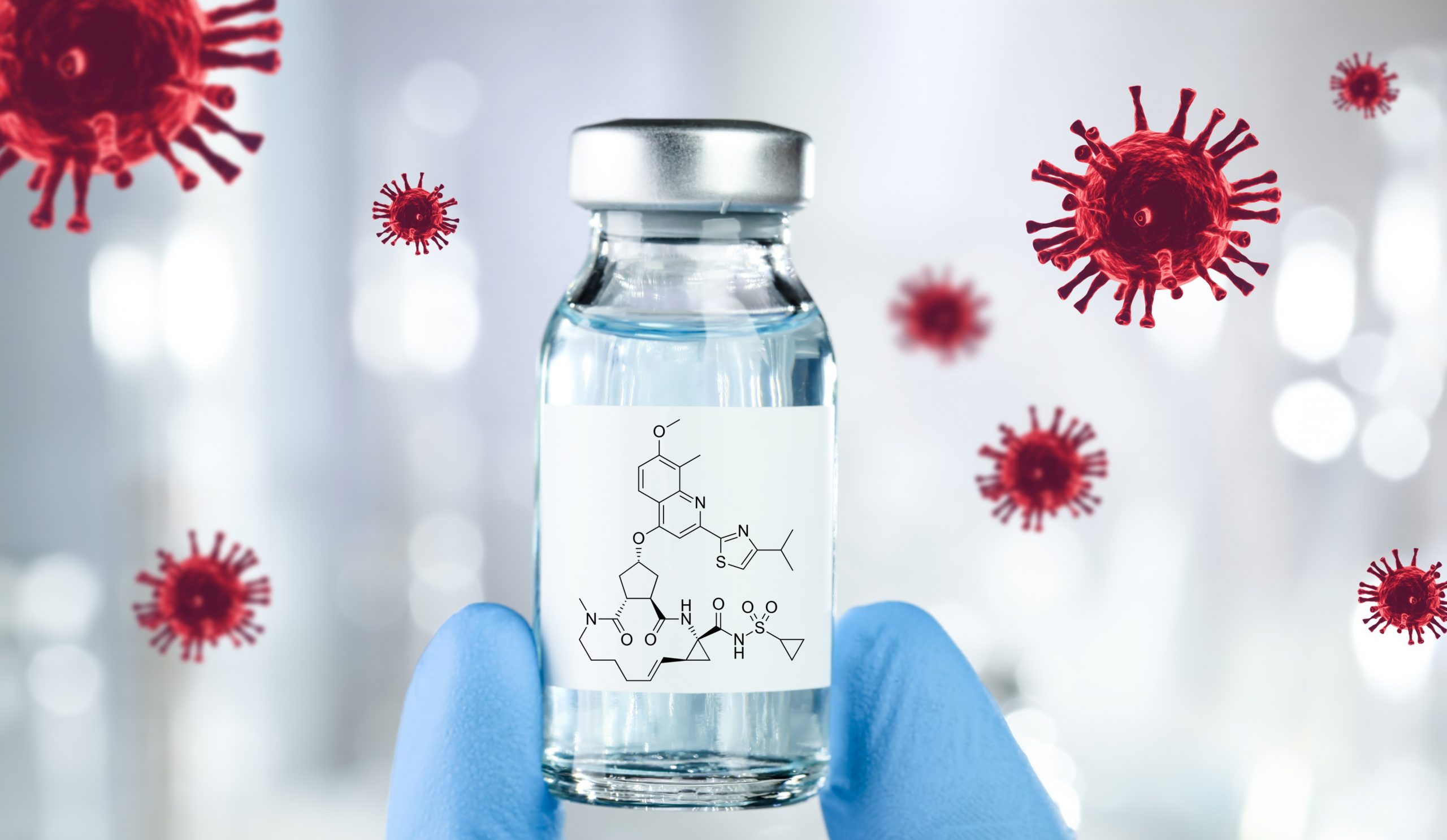
Simeprevir was a successful drug retired from the fight against the hepatitis C virus when new drugs and advanced treatment came into the field in recent years. An international research team led by CUHK and HKU seeking an effective drug molecule against COVID-19 has re-enlisted simeprevir as a potent treatment to suppress the replication of SARS-CoV-2.
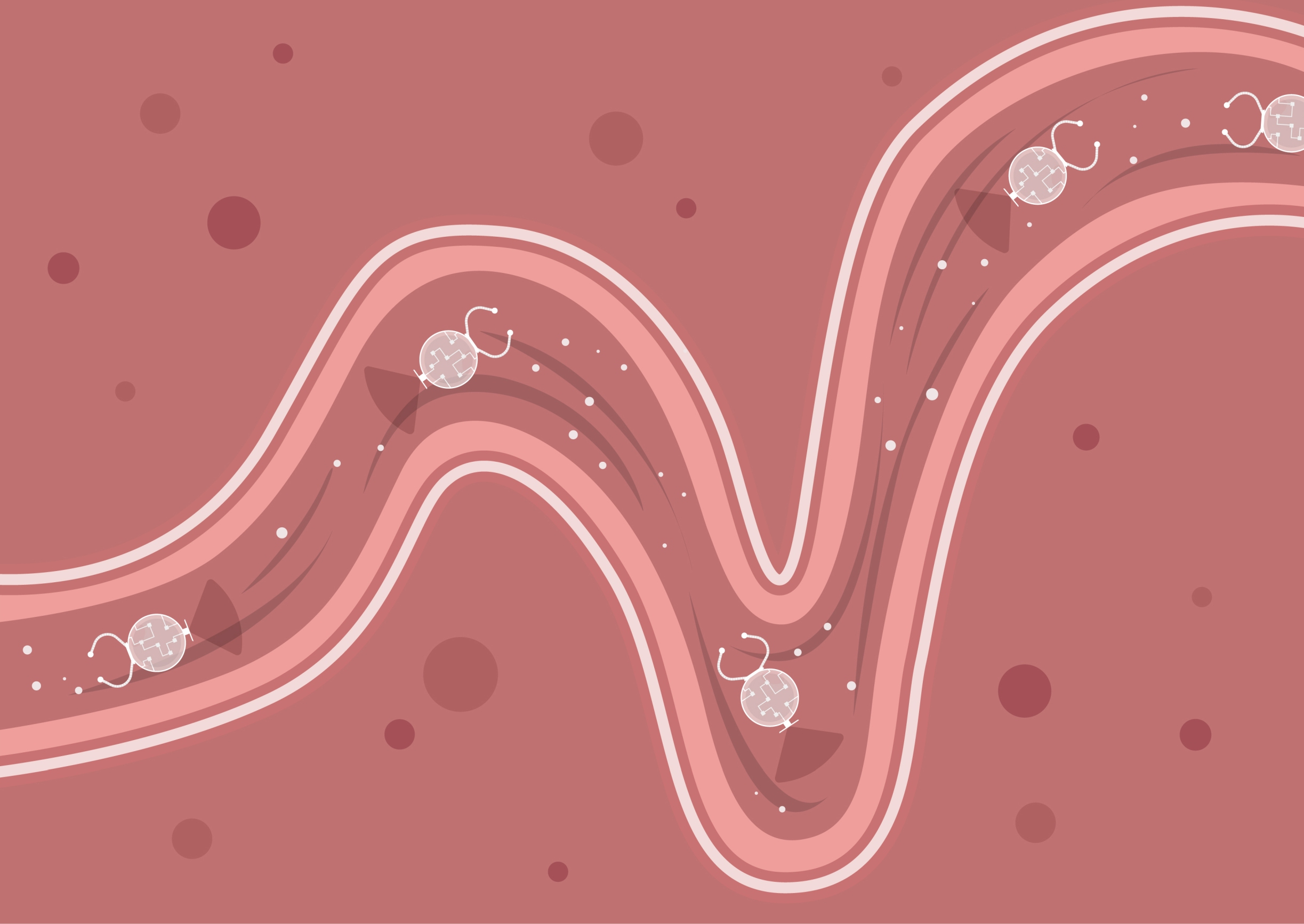
A sci-fi adventure film from the 1960s, Fantastic Voyage, features a group of doctors shrinking into microscopic size and venturing into a patient’s brain to repair damages. A CUHK research team has recently brought this surreal fantasy to life by developing biohybrid soft microrobots, which navigates in tiny lumens for health inspections and medical treatments.

Innovative algorithms developed by a CUHK team, using bioinformatics analysis of virus genome, can estimate vaccine effectiveness (VE) by quantifying the relationship between the genetic mismatch between flu vaccines and current virus strains. This real-time prediction method of VE early in flu season gives the government a heads-up in selecting effective vaccines and organising resources before mass vaccination.
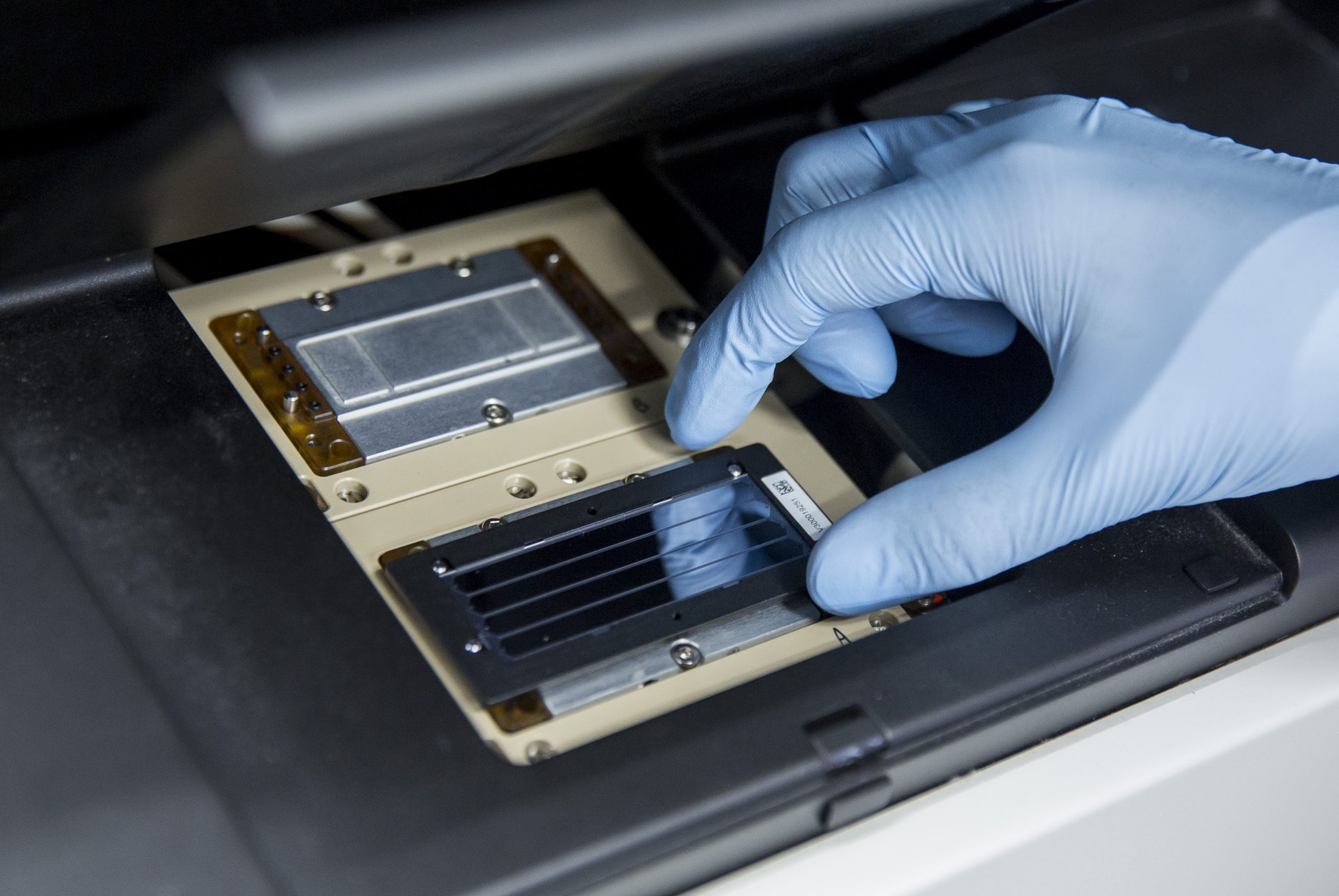
Frustration, disbelief, marital and mental stress can all come to women who have recurrent miscarriages but only half the couples could find out why it was happening to them. Now a new and more probing genome sequencing test – ChromoSeq is uncovering the causes, protecting the pathway to birth and rekindling hopes.
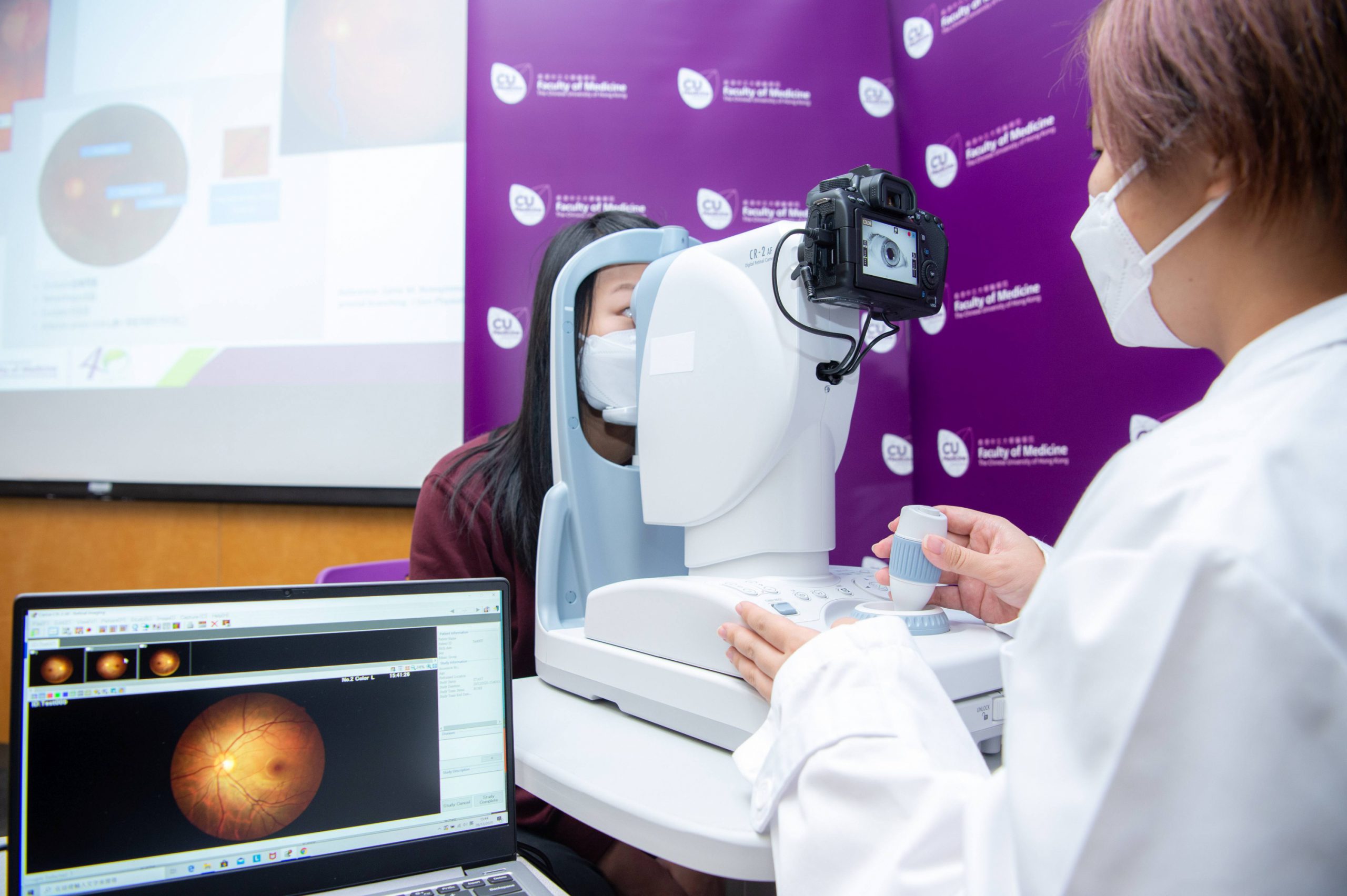
Eyes are the window to the soul, and so to our health. A research team from CUHK has developed Automatic Retinal Image Analysis technology to evaluate the risk of stroke and dementia. Recently, they have extended its application to assess the risk of autism in children by analysing their captured retinal images, hoping to reduce delayed diagnosis or even misdiagnosis.
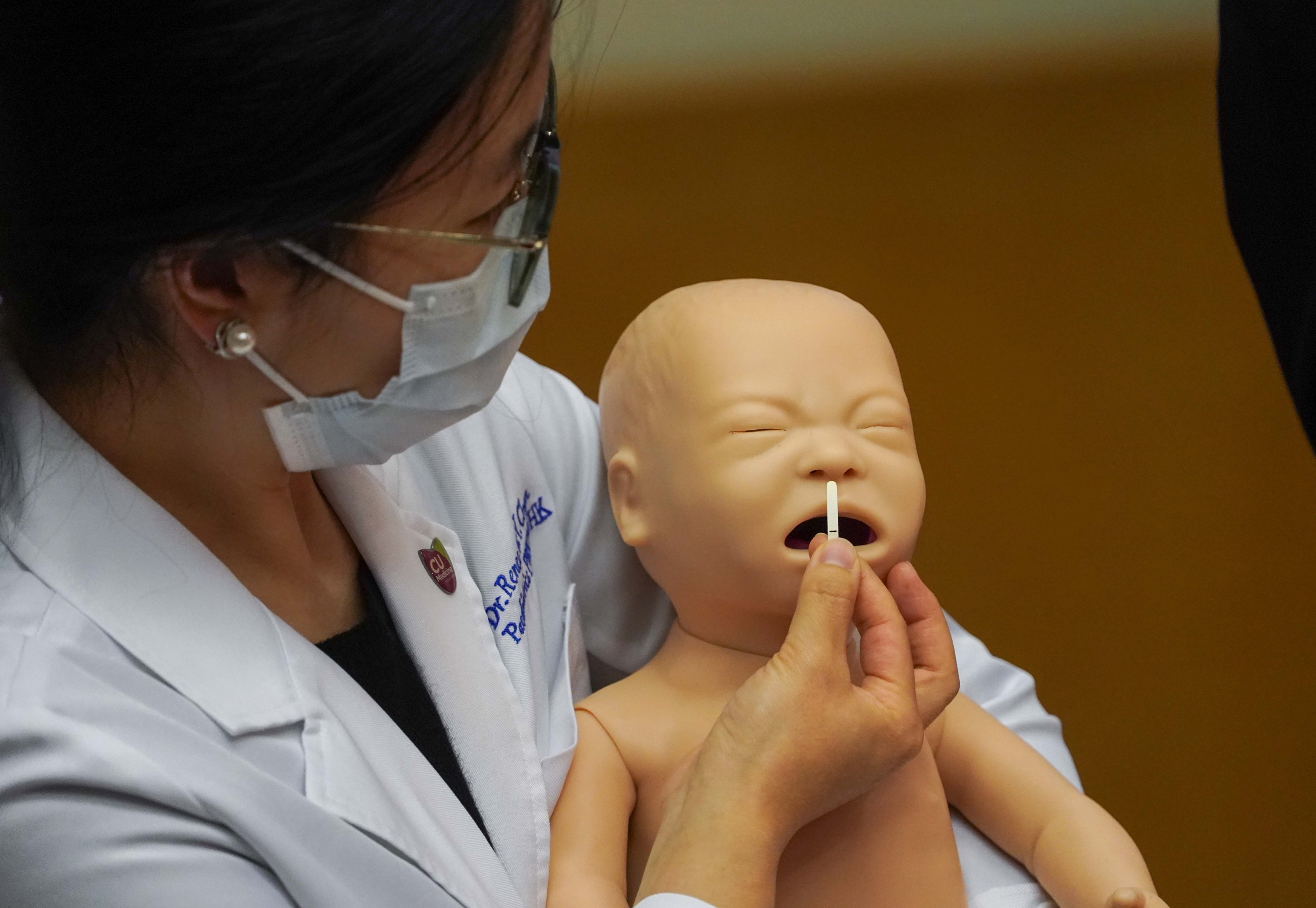
Scared kids gagging on swabs probing into noses and throats or embarrassed old folk trying to heave up saliva has been the unhappy side of COVID-19 testing. Now, a nasal strip sampling for COVID-19 test that is gentle, fast, easy and accurate is on its way for all ages, equaling one of the standard test methods and out-performing the other.
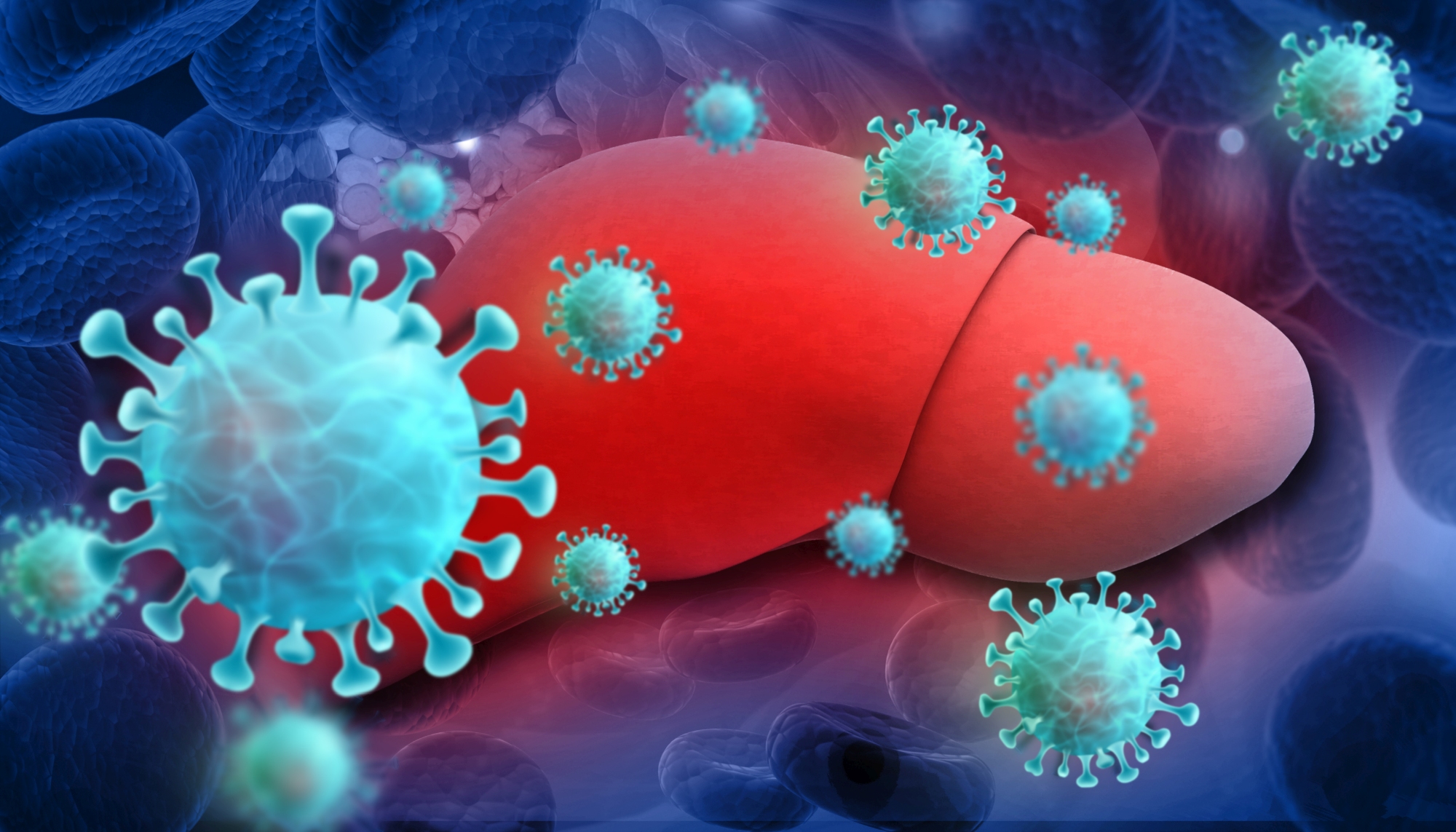
Not only old age and other chronic conditions let in COVID-19. Those with liver damage are revealed as vulnerable and face eight times the risk of experiencing intensive care, mechanical ventilation, or death. CU Medicine researchers led an international hepatologists group in a statement pushing for better clinical management of COVID-19 liver disease sufferers.

Neuronal networks in the brain and spinal cord use a mechanism to adjust muscle commands for the way you run, depending on your body condition and experience. Research has found that muscle patterns – “muscle synergies” – are changed and merged across age and training groups, allowing runners to run longer with more energetic efficiency.
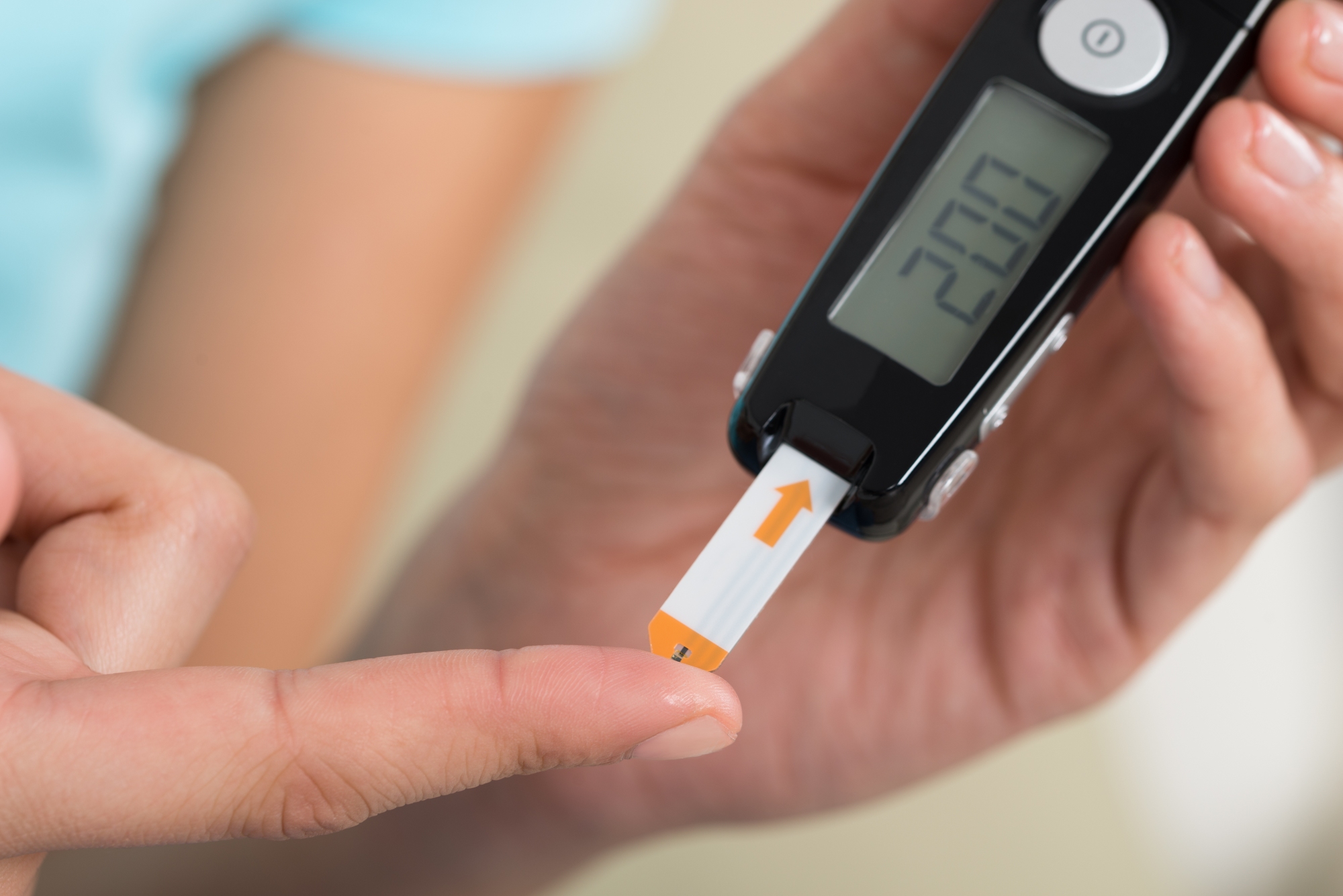
Diabetes, already a major killer, could increase the risk of sufferers being infected by COVID-19 and severely. The alarm has been raised by researchers who have applied advanced statistical analysis to possible virus risks, and shed light on drug development for it. Diabetes patients need to watch their diets and be extra vigilant.
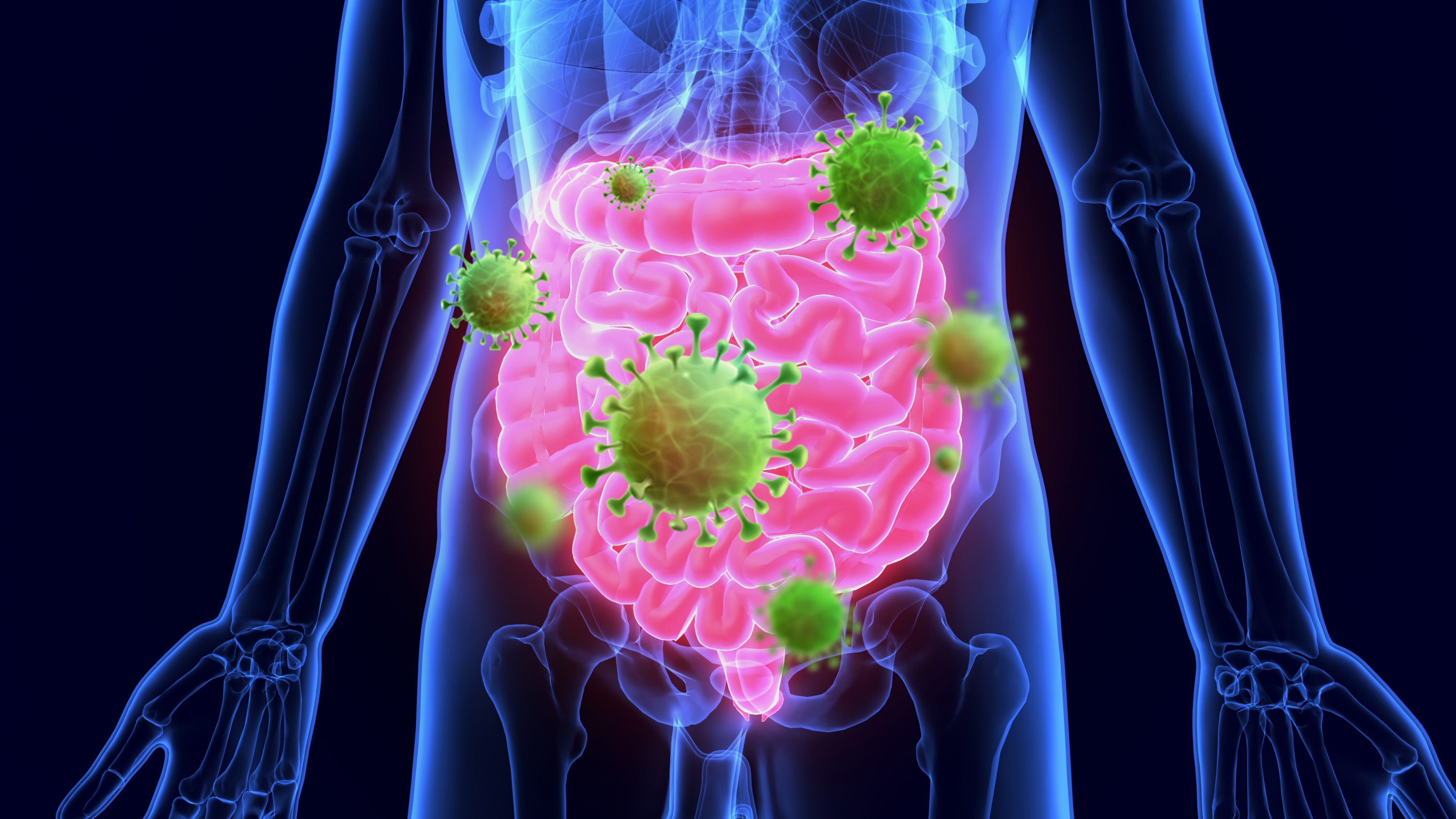
A university research team has found that lower levels of “good” bacteria and higher levels of “bad” bacteria in the gut of people with COVID-19 has made it harder for them to fight off the virus. The team has since developed a probiotic supplement based on this research to enhance the “good” bacteria thereby offering hope to boosting immunity against the virus in everyone who could be at risk.

Previously unknown brain circuitry can generate repetitive behaviour that fends off harm from emotional stress. CUHK biomedical scientists find that responses like compulsive hand rubbing when anxious are coping mechanisms not to be repressed. That circuitry gone awry can also be a research lead into OCD and autism.
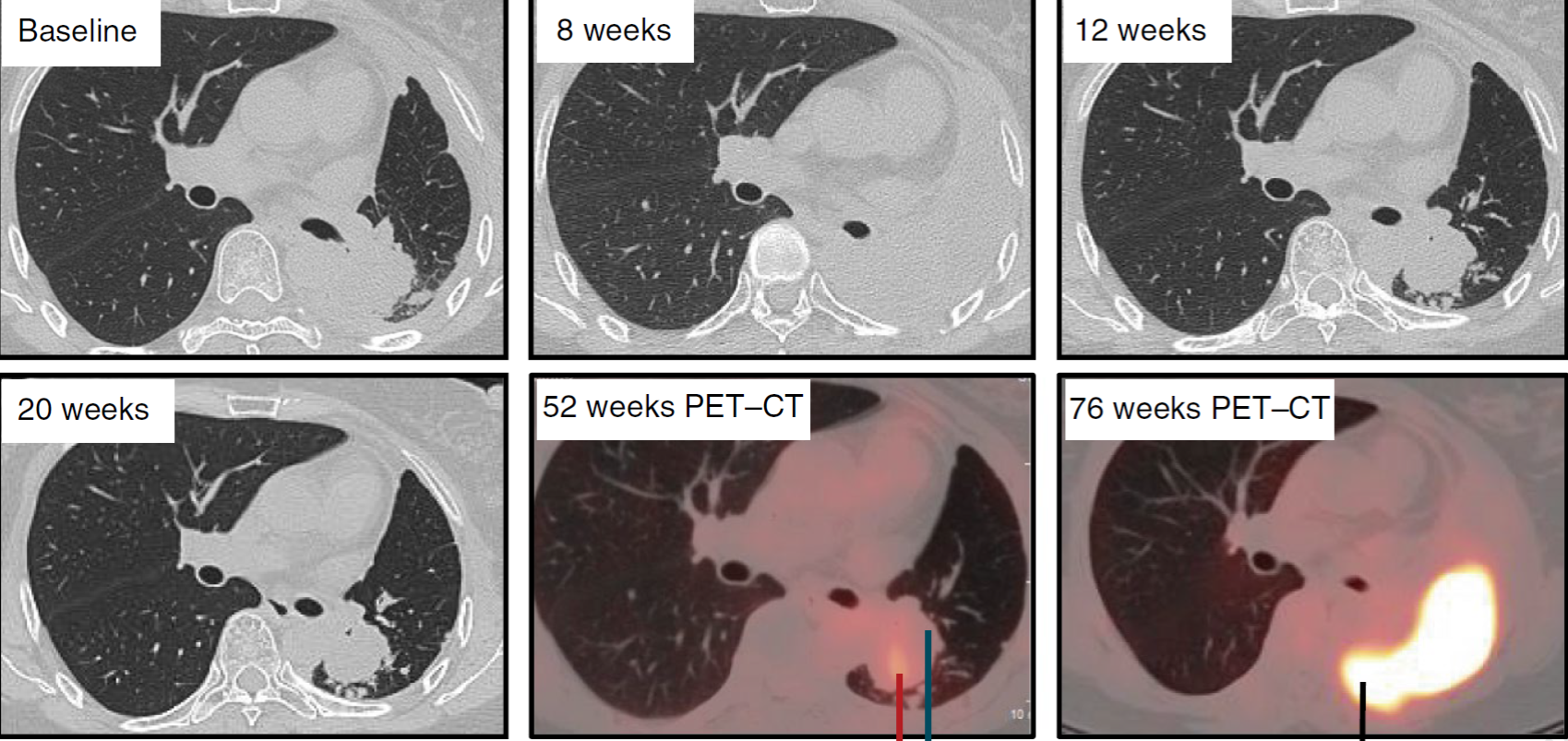
A new chapter is opening in cancer immunotherapy. A first-in-human clinical trial of CRISPR technology to treat late stage lung cancer has proved safe by a CUHK joint research. T-Cells of advanced condition patients have been extracted, gene edited and reinfused as potential fighters against cancer cells.

Stool, found to be a “shed” for the coronavirus. According to the latest study, the coronavirus was found in faeces samples from 14 COVID-19 patients, regardless of the severity of their condition. 3 of them still had virus even though their respiratory secretions were cleared of the virus. Researchers suggest faeces test as an alternative screening.
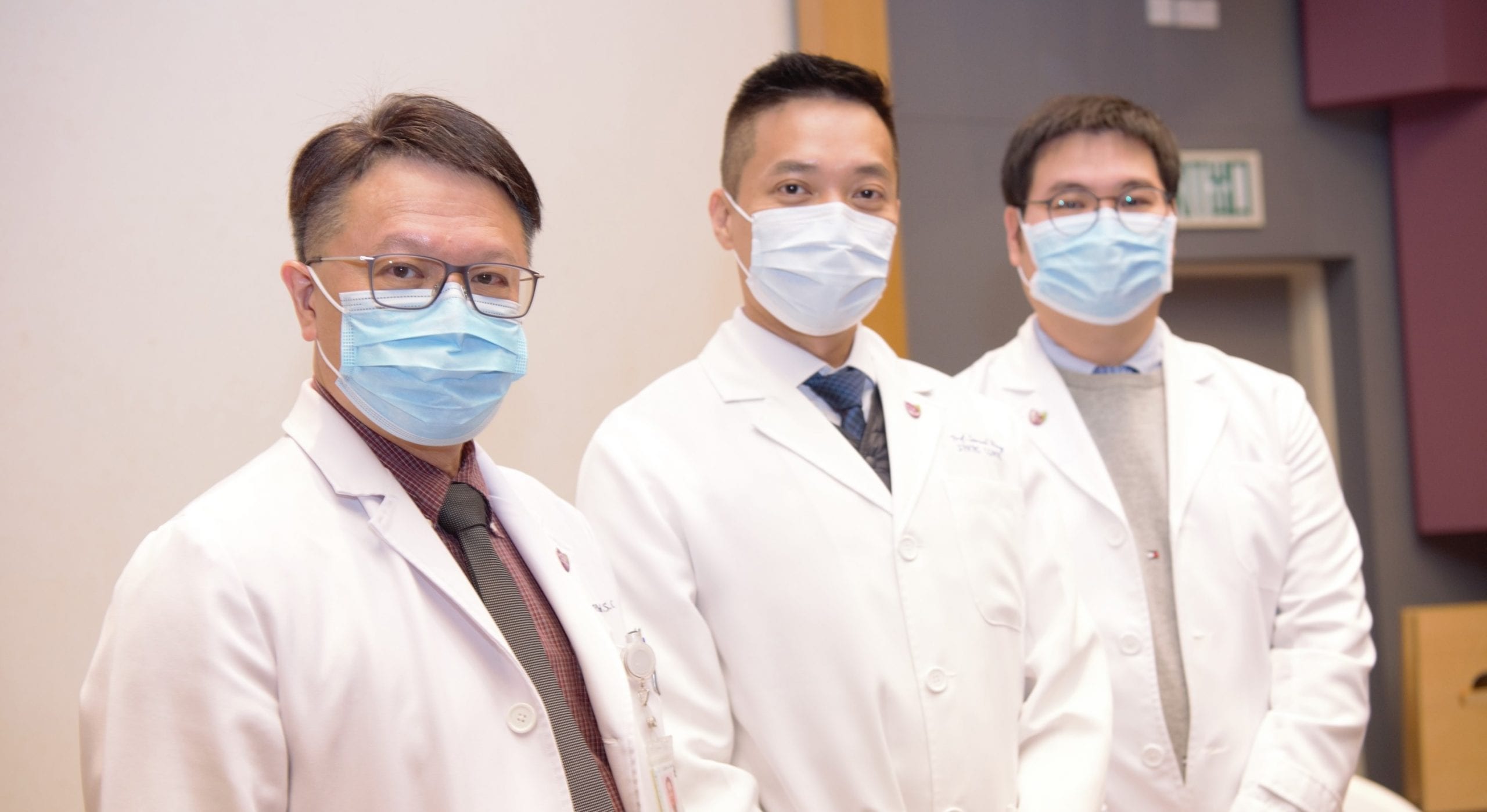
98% of Hong Kongers feared catching the COVID-19 virus and practically all were abnormally anxious, while 90% were taking to strict mask wearing and hand washing, according to a survey in the outbreak’s early phase. But not to recommended “social distancing”. 90% of cases took 6 to 14 days between feeling ill and getting isolated.
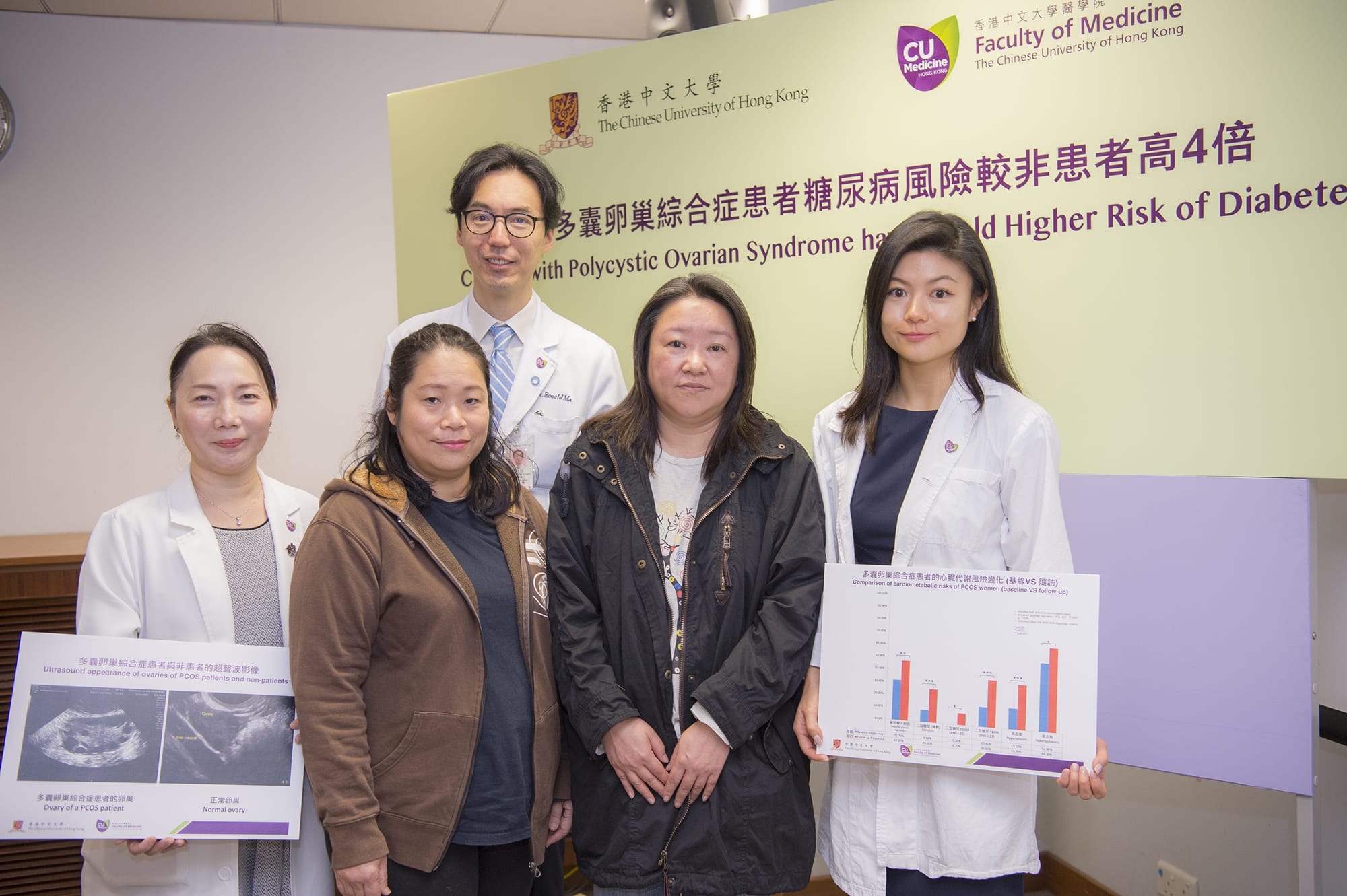
It was known Chinese women with PCOS risk developing diabetes. Faculty of Medicine’s ten-year case-control study has now shown Chinese women have four times the risk and that onset will be earlier. Now affected women can be advised to be screened and have blood pressure monitored to reduce long term risks.